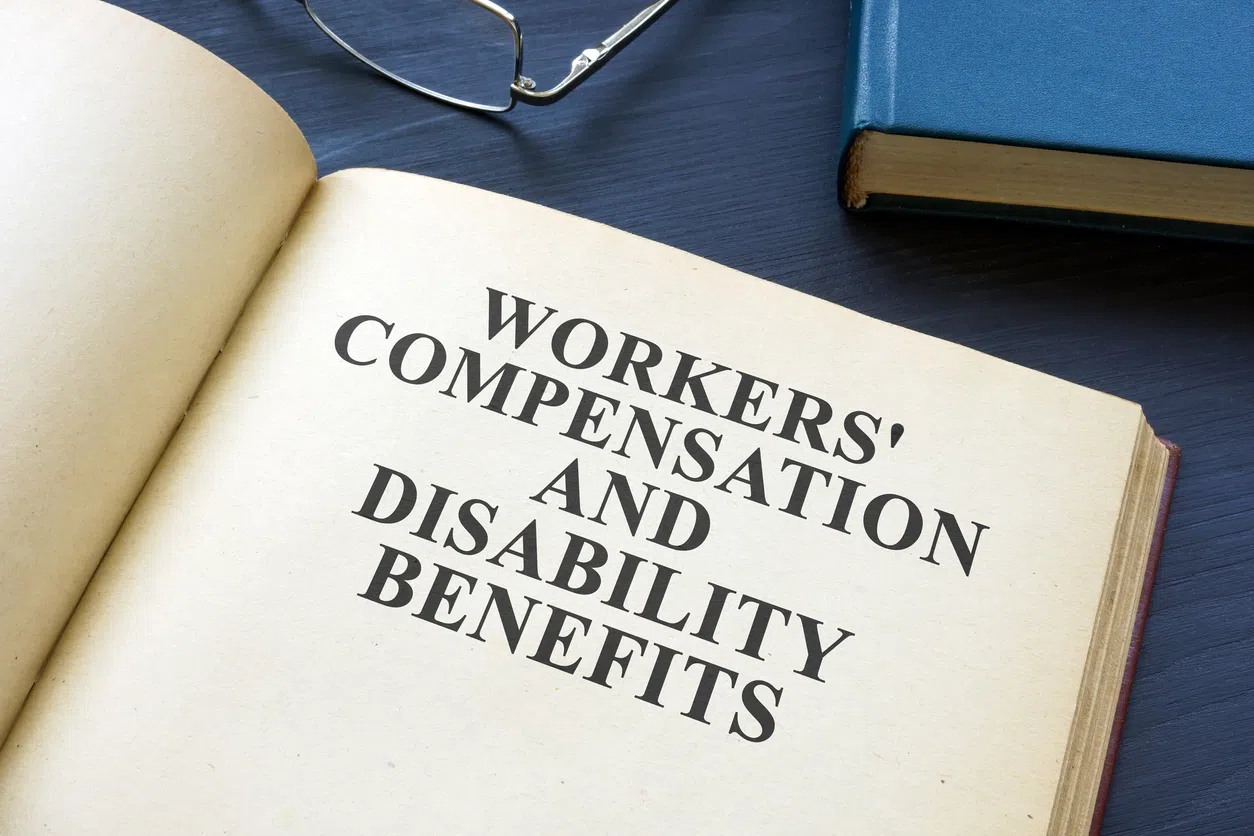How it Works and What Coverage is Right for You
If you’ve heard it once, you’ve heard it a thousand times: if you own, operate or are starting a business, you need general liability insurance. But what does that mean? What protection does it afford? How do you determine your coverage needs? How does it work?
What is General Liability Insurance?
Liability insurance (also known as Commercial General Business Liability) protects a company’s assets and pays for obligations – medical costs, for example –incurred if someone gets hurt on your property or when there are property damages or injuries caused by you or your employees. Liability insurance also covers the cost of your legal defense and any settlement or award should you be successfully sued. Typically these include compensatory damages, nonmonetary losses suffered by the injured party, and punitive damages.
General liability insurance can also protect you against any liability as a tenant if you cause damage to a property that you rent, such as by fire or other covered loss.
Finally, it can also cover claims of false or misleading advertising, including libel, slander and copyright infringement.
Does Your Business Need Liability Insurance?
We live in a litigious society and, even if you think you’re unlikely to face a claim, getting insurance is a wise investment that doesn’t cost much – annual premiums range from $750 to $2,000 depending on your line of business and coverage needs. That’s certainly a lot less than the thousands, if not millions, of dollars you may need to spend fighting your case in court.
General liability insurance can be purchased on its own, but it can also be included as part of a Business Owner’s Policy (BOP) which bundles liability and property insurance into one policy. If you have a BOP, check it to see what your liability coverage limit is. You may find it is quite low, in which case you may need additional coverage through a separate policy.
How to Determine Your Coverage Needs
The coverage you need depends on the type of business you are in and the perceived risk associated with it. For example, a building contractor will need more coverage than a web designer or consultant. Your business location is also another factor that comes into play. For example, some states tend to award more in damages to plaintiffs claiming personal injury than others. Talk to a licensed insurance broker for advice on this before you rush out and buy a policy.
As mentioned above, if you fall into the lower risk category you may want to consider a Business Owner’s Policy (BOP), which combines general liability and property insurance at a cost-effective rate.
How General Liability Insurance Works
As with many insurance plans, your general liability policy will outline the maximum amount the insurance company will pay against a liability claim. So, if your small business gets sued for $250,000 for medical costs associated with an injury caused by a worksite hazard, plus an additional $100,000 in legal fees, but your coverage maxes out at $300,000, then you are responsible for paying the difference of $50,000 – should you lose the case.
If you are on the higher end of the risk scale and already have general liability insurance, you can also opt for excess insurance or umbrella insurance that increases your coverage limits. This will cover you in situations in which you’re worried that your existing coverage won’t cover all your costs should someone file and win a claim against you.
Be sure to do your industry research before you invest in any policy. Sometimes a client contract will require your business to have the appropriate coverage or umbrella insurance to perform work on their behalf. Likewise, some construction contractors may add you to their general liability policy as an additional name to be insured for the duration of the project.
Filing a Claim
If an incident occurs that may lead to a claim, you should notify your insurance company or agent immediately. Be prepared to explain what has happened in detail, including the time, date, the names of any witnesses, and any other pertinent information.
What Other Insurance Do I Need?
Besides general liability insurance, most states also require that businesses with employees pay workers’ compensation insurance and state disability insurance. Depending on the nature of your business, you may also need auto insurance, home business insurance, product liability insurance, environmental and pollution insurance, and more.




